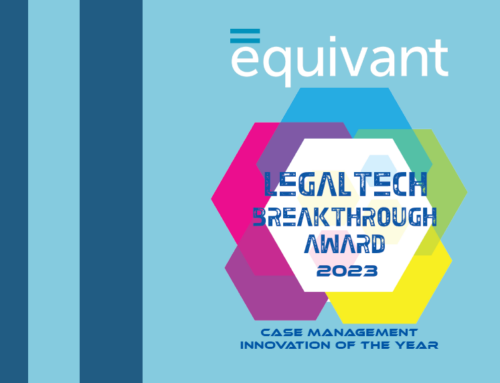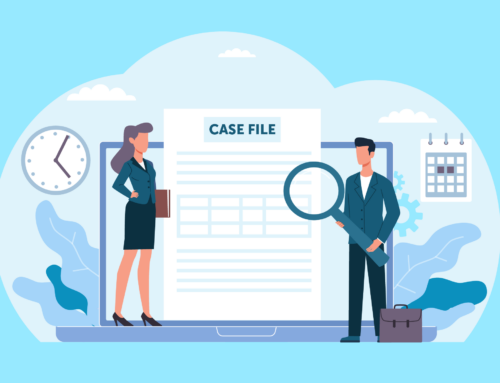Be Part of the Solution: Stop Criminalizing Mental Illness
JWorks Case Management • An equivant product

Local jails and prisons have become the de facto mental health institutions. It’s really a humanitarian crisis that if you suffer from a severe mental illness in this country, you almost need to commit a crime in order to get into the system.”
— Elizabeth Hancq, director of research at the Treatment Advocacy Center, in a recent interview with NPR¹
In every county in the U.S. that has both a jail and a county psychiatric facility, more people with mental illnesses are in jail than in the hospital. Forty-four states report that their jails and prisons house more people with mental illnesses than their largest state psychiatric hospital.²
We have a problem in this country, and it’s not just a jail problem. It’s a systemic problem. Mental illness is being criminalized, and it’s up to everyone involved in the justice system to stop it.
The Tennessee Department of Mental Health and Substance Abuse Services just allocated an additional $1.5 million toward diversion programs after a pilot program successfully diverted 7,180 people to treatment programs over two years.³
Jurisdictions across the country have similar success stories, and it all comes from interagency collaboration and advocacy from judges and prosecutors who know there’s a better way forward.
Work with your justice partners to divert people with mental illnesses out of the justice system, and when someone who is mentally ill ends up on your caseload anyway, keep advocating for what’s best for them and for your community:
- Adjust your own approach. You may need to slow down, simplify your language, explain things carefully, and act with empathy. Treat the person with respect, and seek to understand their perspective. Learn to recognize the signs of mental illness, and don’t assume belligerence or indifference mean the person is being intentionally noncompliant.
- Involve mental health professionals. Medical professionals need to be involved in the individual’s treatment from the start. Many communities have health providers working directly with law enforcement as part of a Crisis Intervention Team, and this approach has helped divert people with mental illnesses into programs that prioritize treatment over enforcement. Even if the individual has already reached the courtroom, involving a mental health professional can help get them connected to the services they need.
- Seek alternatives to incarceration. Arrest isn’t always the answer, and jail certainly isn’t always the answer. Getting each person the right interventions at the right time can not only put them on the road to recovery, but also can relieve some of the pressure on an overburdened justice system that simply isn’t designed to be a mental health provider.
- Use risk-needs-responsivity (RNR) practices to individualize next steps. With a combination of risk assessment and needs assessment tools, you can determine not only an individual’s recidivism risk, but also which of their needs requires the most immediate intervention. Just as every individual is different, every illness is different, and getting a complete picture of the person’s risks and needs can help you connect them with the right services at the right moment.
By the time an individual reaches you, it may feel like their path is set. But particularly for individuals with mental illnesses, the court plays a critical role in launching their path to recovery and providing the right balance between public safety and individual treatment needs.
The number of justice-involved individuals with mental illnesses isn’t going down, and we need to step up and advocate for individuals and supportive policies in our communities. If you need help, we’re here. Get the tools you need to support your evidence-based practice. Let’s do this together.
¹National Public Radio
²Treatment Advocacy Center
³Tennessee Department of Mental Health and Substance Abuse Services





